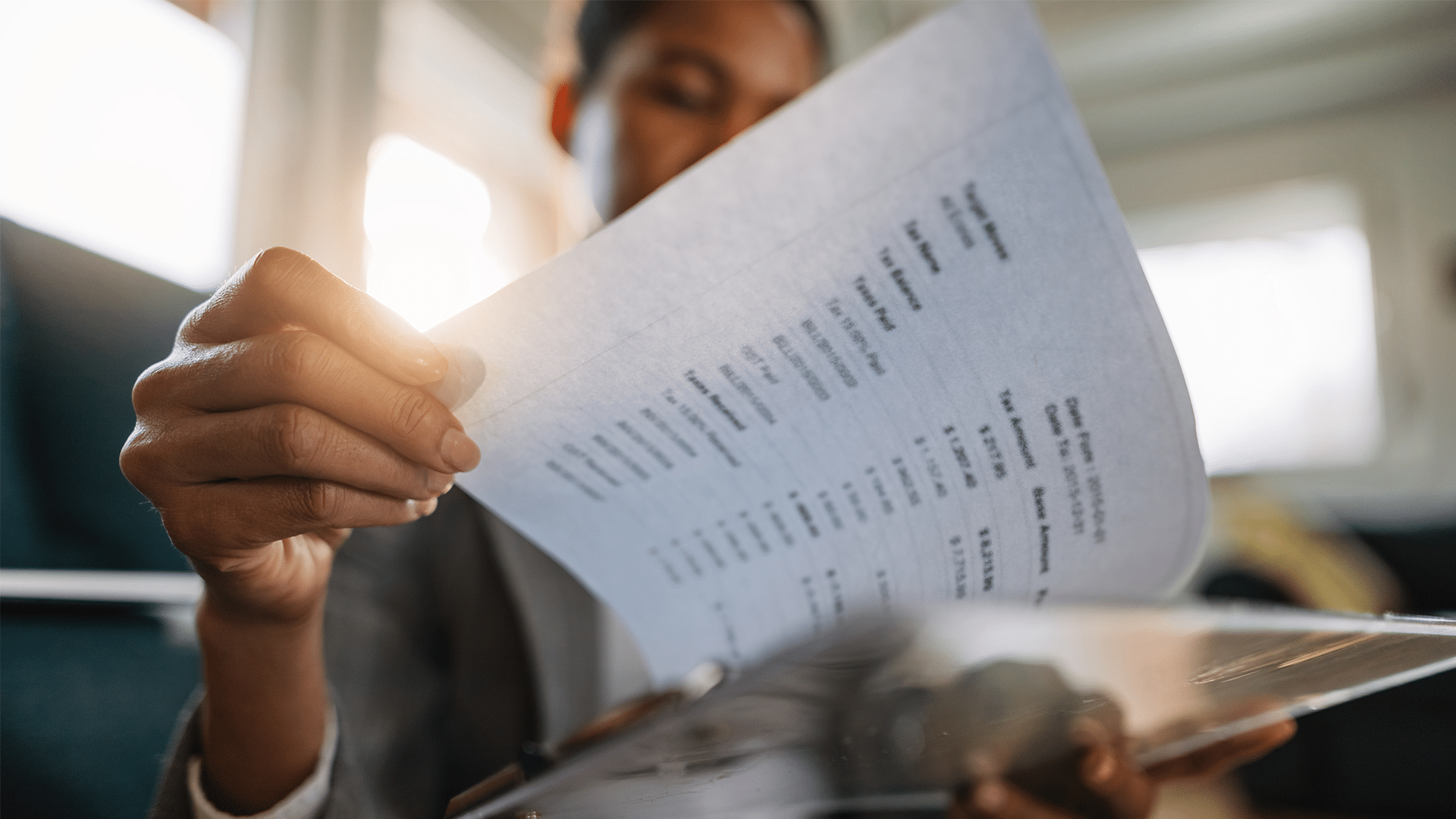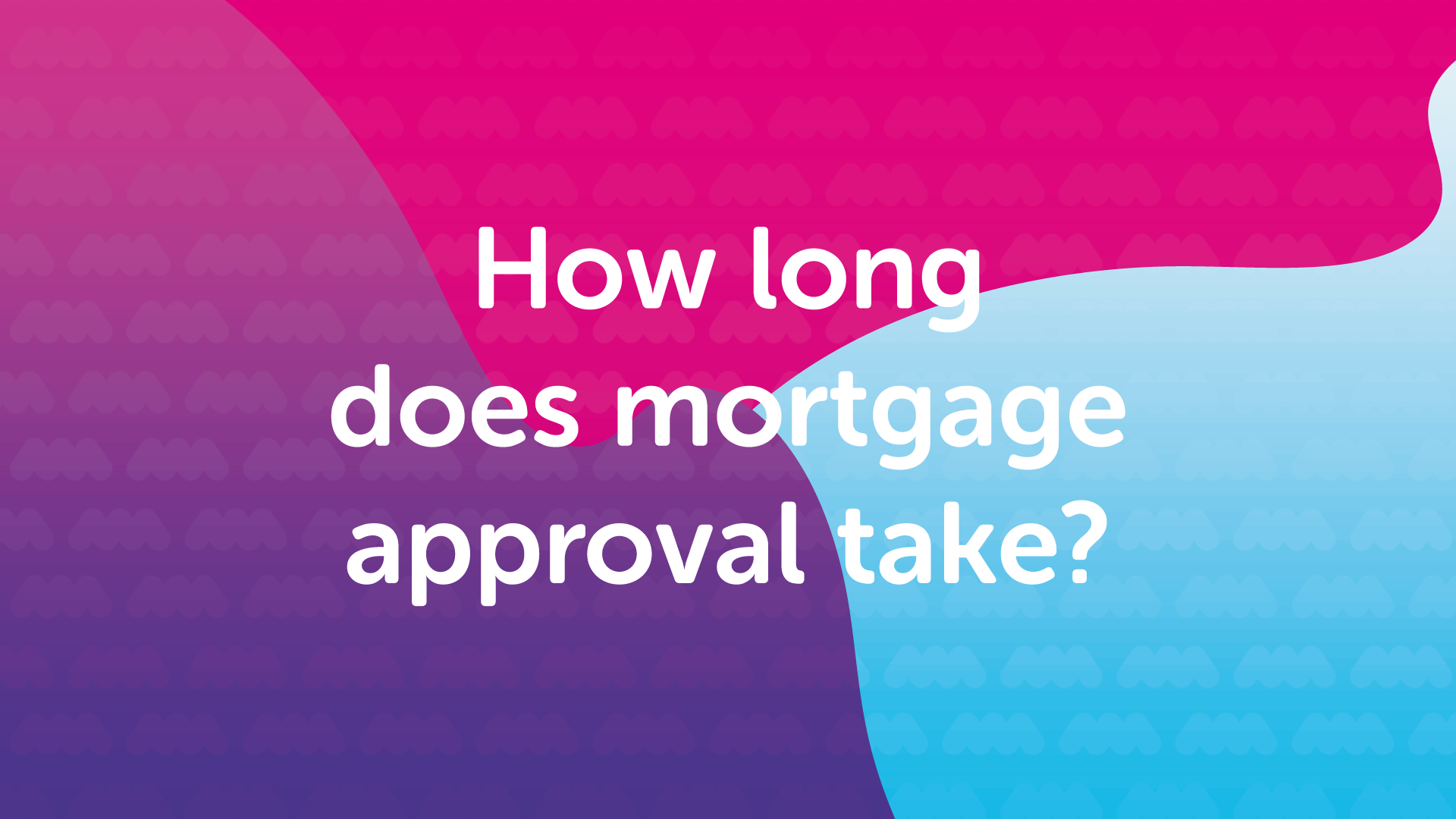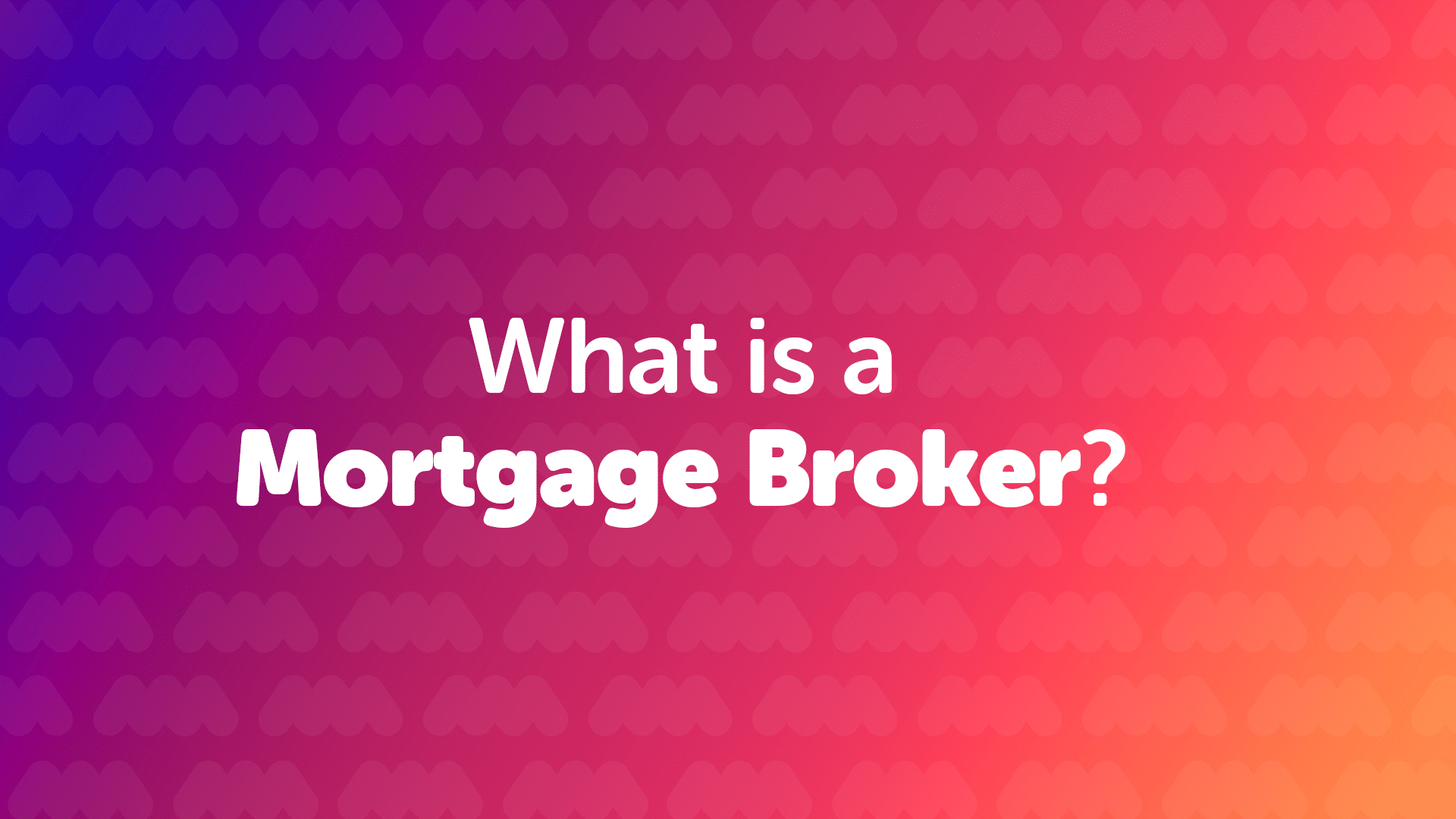Tips for Buying a House with a Partner or Friend(s)
First time buyers in Doncaster who struggle to get onto the property ladder by themselves may feel that the most practical solution is to move in with a partner or friend. There can be many benefits to doing so. It will take less time to save for a deposit, and lenders prefer two or more people to buy a property together, sharing the equity in it and the responsibility for the mortgage payments.
How many people can jointly own a property?
In some cases, you’ll find that some mortgage lenders may allow up to four people to co-own property together. But, because multiple parties are involved, this can cause some discussion with changes in circumstances. If one borrower decides to stop their contributions to the mortgage payments, the lender will still pursue the rest of your group for payment.
All the joint owners still hold a legal right to stay within their home unless a court rules otherwise. Even if someone is withholding their contribution, they’re still part-owner of the property.
With this in mind, you need to be very selective about whom you buy with.
If one of the co-owners wishes to increase the mortgage further down the line, all borrowers need to consent. It is best practice to plan for down the line, just if someone ends up with a different plan in mind or a change in circumstances.
Joint tenancy or tenancy in common?
It is familiar for couples who are married, in civil partnerships or simply cohabiting to opt for joint tenancy on a mortgage. Tenants are often relatives or friends looking to buy a house together. You will need the other applicant’s consent if you want to sell or remortgage the property further down the line.
Both co-owners will jointly own the property for a tenancy in common, but there is no legal requirement to do so in equal shares even if one party earns significantly more per month than the other.
If you are a tenant in common, you can freely sell or give away your share of the property to someone else if you wish to remove yourself from that setting.
In these cases, if one of you were to pass away, the property will own the other owner on the mortgage. We always recommend taking out life insurance during their mortgage process. The beneficiary can use life insurance to pay off a mortgage.
What happens if one party stops making mortgage payments?
All mortgage borrowers are jointly and equally liable for keeping up to date with the mortgage payments. If one party stops paying, the remaining parties have to make up for the remaining to prevent possible mortgage arrears.
It’s essential to keep on top of every payment. The reason for this is that falling into arrears could stop you from getting another mortgage further down the line. If you interpret it to view your mortgage situation like this, you don’t own 50% of a property. You own 100% of it jointly.
Removing a Name From Your Mortgage
If things don’t mainly go how you’d intended them to, whether it be a disagreement with your co-owners or the breakdown of a marriage/relationship, you may look to either remove others from your mortgage or remove yourself from their mortgage.
When this happens, it is worth speaking to a trusted specialist mortgage advisor in Doncaster to see what your options might be. Please see our article “divorce & separation mortgage advice in Doncaster for more information on divorce and mortgages.”
Date Last Edited: January 17, 2025














